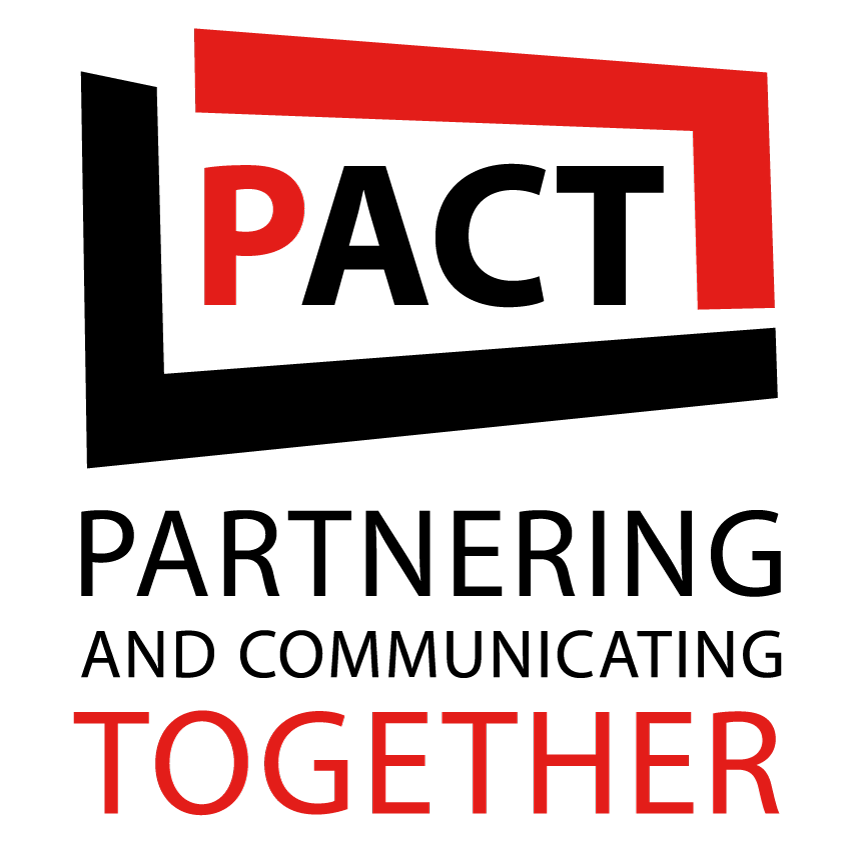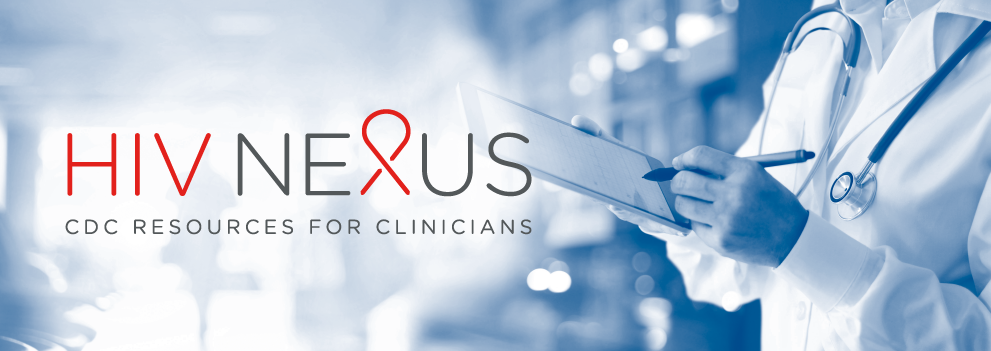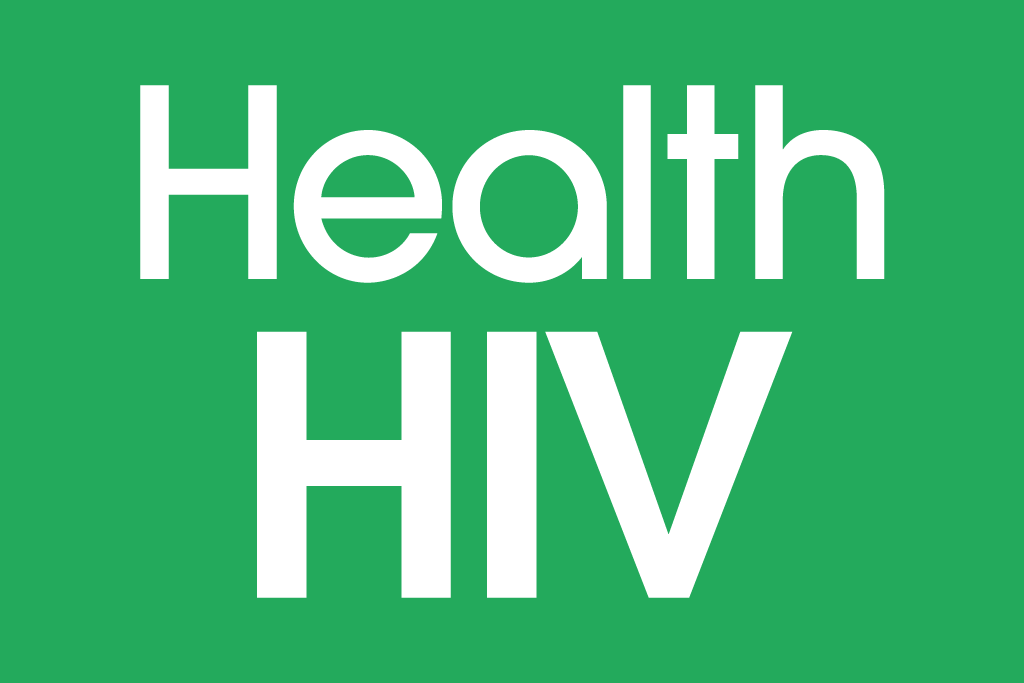Resources
This on-line module provides a review of the current state of linkage to care in the United States, examines the major barriers to linkage to care, and explores strategies for improving linkage to care.
This presentation was part of the 2020 National Ryan White Conference on HIV Care & Treatment.
This presentation highlights the Data to Care program coordinated by the Tennessee Department of Health. Participants will learn how data is used to identify people with HIV who are considered ‘out of care’ and how to successfully re-engage patients into HIV medical care and supportive services.
This presentation discusses results from the HRSA Special Projects of National Significance Evidence-Informed Approaches to Improving Health Outcomes for people with HIV project.
This presentation focuses on reducing the percentage of HIV patients who are out of care. Participants will learn to use a multi-disciplinary team approach to identify patients who are truly out of care, pinpoint the most effective approach toward contacting patients to be brought back into HIV care, and maintain the patient’s HIV care.
Series of six brief, animated videos with HIV-specific patient education tailored for women of color with HIV.
As part of a Ryan White HIV/AIDS Program (RWHAP) Special Projects of National Significance (SPNS) initiative Improving Health Outcomes through the Coordination of Supportive Employment and Housing Services, Gay Men’s Health Crisis (GMHC) updated its data management process to better document housing and employment service outcomes.
In the United States, less than half of HIV-positive individuals are retained in care. This machine learning model was developed to identify patients at risk for dropping out of care in an urban HIV care clinic using electronic medical records and geospatial data.
University Health (UH) uses peers and patient navigators to provide support, reduce barriers, and improve linkage and retention to care for women and youth with HIV.
Resources from ten demonstration sites that participated in Use of Social Media to Improve Engagement, Retention, and Health Outcomes along the HIV Care Continuum, a HRSA HIV/AIDS Bureau Special Projects of National Significance (SPNS) Program initiative.
Resources to help clinics integrate community health workers (CHW) into an HIV multidisciplinary team model. CHWs can strengthen the health care workforce and improve access to health care and health outcomes for racial and ethnic minority people with HIV.
In the San Francisco Bay Area (SFBA), trans women of color are disproportionately affected by HIV and have poor HIV care outcomes. This analysis was to identify associations between intervention exposure and primary HIV care visits, ART prescription, and retention in HIV care.



